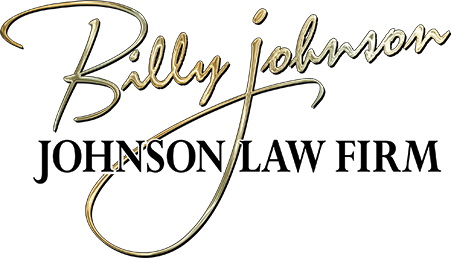Horses are a big part of life here in Kentucky. Most farms have horses; but unlike other species of livestock, you can also find them in many other environments. People own horses for lots of reasons. They’re beautiful, majestic animals, but whether you breed them, ride them, or anything in between, accidents happen that can leave you – and the horse – wondering what to do next. Maybe one gets loose and causes a car accident. Maybe a friend fell off while riding your horse. Who is at fault? What if the injured person tries to sue? Is the horse injury or damage covered under a homeowners or commercial insurance policy? The majority of the states have some variation of an equine-activity liability act. No two acts are exactly alike, but they generally require that specific verbiage in the form of a warning be posted on the property or in a release of liability form. The Equine Warning Law in Kentucky reads: “Warning – Under Kentucky law, a farm animal activity sponsor, farm animal professional, or other person does not have the duty to eliminate all risks of injury to the participation in farm animal activities. There are inherent risks of injury that you voluntarily accept if you participate in farm animal activities.” So, basically, Kentucky law states that there are certain risks that come with interacting with farm animals, and that if injury occurs, it’s not the fault of the animal’s owner or business. However, even under the assumption of inherent risk, horse owners can still get sued. Liability laws are not total immunity or zero liability laws. Even ownership can be a gray area if an injured person seeks compensation. Horses are considered property, which means the sale of horses is a legal transaction. A nod and a handshake got the job done in the days of yore, but nowadays a verbal agreement is a recipe for disaster. A written contract is preferable, because it can be referenced as proof of an agreement’s terms. It prevents and/or shuts down disputes and ultimately reflects the full intentions of each person involved. Let’s say the parties talked about a payment plan and before the complete purchase price was paid, the horse injures someone. Whose horse is it? Of course, the answer is “it depends,” but without an actual written contract, the problem will be much harder to resolve. Just like a written contract prevents future arguments, prevention is the best medicine yet again when it comes to liability. Most homeowner’s and business owner’s insurance policies don’t cover horse-related injuries or property damage. Liability insurance is available, which can be a huge help if ever there’s an incident. Say, someone leaves a gate open and someone’s pet gets trampled, or the horse runs into the middle of the road and causes a car wreck. If you plan on letting other people – visitors, guests, or clients – ride your horse or ride any horse on your property, there’s a good chance that the law won’t be on your side if there are injuries. If you have any questions about this topic, you can find out more by discussing it with one of the personal injury attorneys at the Johnson Law Firm. We have years of experience helping people and we can help you. Our knowledgeable legal team will work closely with you every step of the way. Based in Pikeville, KY, we proudly serve communities throughout the Bluegrass State. To schedule a free, confidential consultation, contact us by calling 606-437-4488 or filling out our online form.



 William “Billy” Johnson grew up in the Dorton area of Pike County, Kentucky, and early on decided to stay in the beautiful Appalachian mountains. Like many others in Eastern Kentucky, Billy’s dad worked as a coal miner, a hard job but one that taught his son how to meet challenges head on and persevere. Attorney Billy Johnson has years of experience helping injured clients with claims such as car, truck, and motorcycle accidents, wrongful deaths, work injuries, and more. [
William “Billy” Johnson grew up in the Dorton area of Pike County, Kentucky, and early on decided to stay in the beautiful Appalachian mountains. Like many others in Eastern Kentucky, Billy’s dad worked as a coal miner, a hard job but one that taught his son how to meet challenges head on and persevere. Attorney Billy Johnson has years of experience helping injured clients with claims such as car, truck, and motorcycle accidents, wrongful deaths, work injuries, and more. [ 



